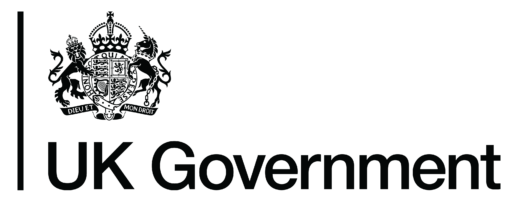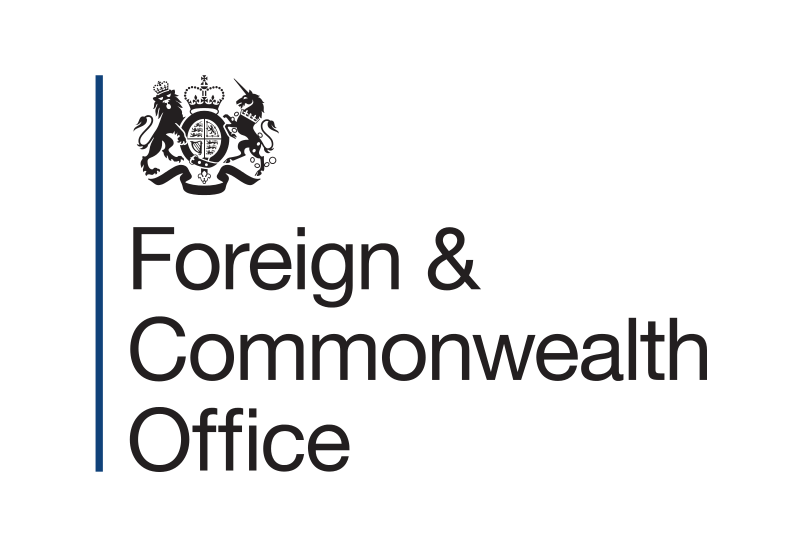
Brits Clinging to Windows 10 Face Heightened Risk, Warns NCSC
As the clock ticks down on Windows 10 support, the UK’s National Cyber Security Centre (NCSC) has issued a stark warning: businesses and individuals who continue to use the ageing operating system after its end-of-life (EOL) deadline are exposing themselves to significant cybersecurity risks.
Microsoft is set to officially end support for Windows 10 on October 14, 2025, ceasing regular security updates, bug fixes, and technical assistance. While this may seem like a distant concern, the NCSC stresses that planning for migration to Windows 11 should already be underway, particularly for organisations handling sensitive data or operating within critical infrastructure.
“Once an operating system reaches its end-of-life, it becomes an attractive target for cyber criminals,” the NCSC stated. “Without security updates, vulnerabilities in Windows 10 will go unpatched, leaving systems wide open to exploitation.”
Resistance to Change
Despite the warnings, many organisations remain hesitant to upgrade. According to recent market data, Windows 10 still powers over 65% of PCs in the UK, dwarfing Windows 11 adoption. The reasons range from hardware compatibility issues to general reluctance to change or perceived lack of compelling features in the newer OS.
Many older PCs do not meet the strict hardware requirements of Windows 11, particularly the need for TPM 2.0 (Trusted Platform Module), leaving users with a choice: invest in new hardware, switch to an alternative OS, or remain on an increasingly vulnerable platform.
Security Implications
The NCSC’s concern stems from real-world implications. Unsupported systems quickly become prime targets for ransomware attacks, data theft, and malware infiltration. Past events, such as the WannaCry outbreak in 2017, which exploited outdated Windows systems and crippled parts of the NHS, serve as stark reminders of the risks posed by EOL software.
“Cyber threats evolve constantly,” the NCSC added. “Relying on outdated software gives attackers the upper hand.”
What Can Users Do?
The NCSC is urging all UK-based organisations to:
- Audit current systems to identify machines still running Windows 10.
- Develop a migration plan to Windows 11 or other supported platforms.
- Consider upgrading hardware if existing devices are incompatible.
- For organisations unable to upgrade in time, implement mitigations such as network segmentation, application whitelisting, and enhanced monitoring, though these are not substitutes for up-to-date software.
Additionally, Microsoft will offer Extended Security Updates (ESUs) for Windows 10 at a cost, but these are aimed primarily at enterprise users and are not a long-term solution.
The Bottom Line
While Windows 10 may still feel modern and functional, its approaching EOL status transforms it from a daily driver into a liability. The NCSC’s message is clear: failing to act now could result in serious security consequences down the line.
For UK organisations, the time to plan for life after Windows 10 is now. Get in touch with us to help deliver your Windows migration plan today.


















